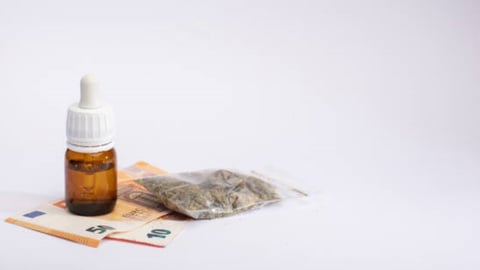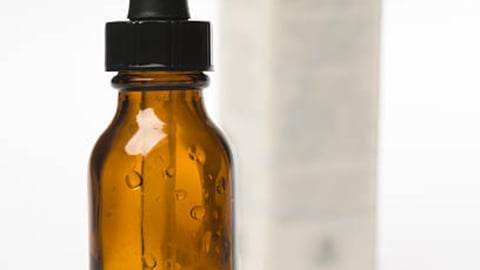The Multifaceted Function of Indirubin
Indirubin is a chemical compound most often produced as a byproduct of bacterial metabolism. For instance, it is one of the compounds responsible for the generally benign condition purple urine bag syndrome, resulting from bacteria metabolizing indoxyl sulfate found naturally in urine.
Indirubin is a structural isomer (more precisely is position isomer) of indigo dye

An Introduction to Indirubin
Indirubin is a natural compound derived from the indigo plant, known for its vibrant red color. It has gained significant attention in recent years due to its potential therapeutic properties. This article aims to explore the various functions of indirubin in the human body.
Cellular Signaling and Anti-Inflammatory Effects
Indirubin has been found to modulate various cellular signaling pathways, making it an intriguing compound with potential therapeutic applications. One of its notable functions is its ability to inhibit the activity of certain enzymes, such as cyclin-dependent kinases (CDKs), which play a crucial role in regulating cell division and growth. By inhibiting CDKs, indirubin can effectively suppress the proliferation of cancer cells.

Promoting Neurological Health of Indirubin
Studies have shown that indirubin exhibits neuroprotective properties, making it a potential candidate for the treatment of neurological disorders. It has been found to enhance the survival of neurons and stimulate the growth of new nerve cells. Additionally, indirubin has shown promise in reducing neuroinflammation, which is often associated with neurodegenerative diseases like Alzheimer's and Parkinson's.
Regulating Immune Response of Indirubin
Indirubin has been found to modulate the immune response by influencing the activity of certain immune cells. Research suggests that it can suppress the production of pro-inflammatory molecules and promote the production of anti-inflammatory molecules. This immunomodulatory effect of indirubin holds potential in the treatment of various autoimmune diseases.
Potential Anti-Cancer Properties

Indirubin has shown promise as a potential anti-cancer agent. Studies have revealed its ability to induce apoptosis, or programmed cell death, in cancer cells. Furthermore, indirubin has been found to inhibit the growth and spread of tumor cells, making it a subject of interest in cancer research.
Managing Inflammatory Bowel Disease
Indirubin has been investigated for its potential in managing inflammatory bowel disease (IBD), which includes conditions like Crohn's disease and ulcerative colitis. Research suggests that indirubin can suppress inflammation in the gut and promote the healing of damaged intestinal tissue. Although further studies are needed, indirubin holds promise as a therapeutic option for individuals with IBD.
Combating Skin Disorders of Indirubin
Indirubin has been found to possess anti-inflammatory and anti-proliferative properties, making it a potential treatment for various skin disorders. It has shown efficacy in reducing the symptoms of psoriasis, a chronic autoimmune condition characterized by red, scaly patches on the skin. Indirubin's ability to regulate immune responses and modulate cell growth makes it a promising candidate for future dermatological therapies.
Promoting Bone Health of Indirubin

Research suggests that indirubin may play a role in promoting bone health and preventing bone-related disorders. Studies conducted on animal models have demonstrated that indirubin can stimulate the formation of new bone tissue and enhance bone mineralization. These findings open up avenues for further investigation into the potential use of indirubin in treating conditions like osteoporosis.
Other Potential Applications
Besides the aforementioned functions, indirubin has also shown promise in various other areas. It has been studied for its anti-viral properties, with research suggesting its effectiveness against certain viruses, including hepatitis B and human immunodeficiency virus (HIV). Indirubin's antioxidant properties have also been investigated, highlighting its potential in combating oxidative stress and related diseases.

Conclusion
Indirubin, a natural compound derived from the indigo plant, possesses a wide range of functions in the human body. From its anti-inflammatory effects to its potential in managing cancer and neurological disorders, indirubin holds promise as a therapeutic agent. Further research is needed to fully understand its mechanisms of action and to explore its potential applications in various medical fields.

